Yu. I. Manin, Alexei A. Panchishkin9783642057977, 3642057977
Table of contents :
Contents……Page 7
Introduction……Page 16
Part I Problems and Tricks……Page 22
1.1 Problems About Primes. Divisibility and Primality……Page 23
1.2 Diophantine Equations of Degree One and Two……Page 36
1.3 Cubic Diophantine Equations……Page 52
1.4 The Structure of the Continuum. Approximations and Continued Fractions……Page 64
1.5 Diophantine Approximation and the Irrationality of ζ(3)……Page 69
2.1 Factorization and Public Key Cryptosystems……Page 76
2.2 Deterministic Primality Tests……Page 82
2.3 Factorization of Large Integers……Page 97
Part II Ideas and Theories……Page 105
3.1 Elementary Number Theory From the Point of View of Logic……Page 106
3.2 Diophantine Sets……Page 109
3.3 Partially Recursive Functions and Enumerable Sets……Page 114
3.4 Diophantineness of a Set and algorithmic Undecidability……Page 124
4.1 Algebraic Numbers: Their Realizations and Geometry……Page 126
4.2 Decomposition of Prime Ideals, Dedekind Domains, and Valuations……Page 137
4.3 Local and Global Methods……Page 145
4.4 Class Field Theory……Page 166
4.5 Galois Group in Arithetical Problems……Page 183
5.1 Arithmetic Varieties and Basic Notions of AlgebraicGeometry……Page 201
5.2 Geometric Notions in the Study of Diophantine equations……Page 212
5.3 Elliptic curves, Abelian Varieties, and Linear Groups……Page 223
5.4 Diophantine Equations and Galois Representations……Page 248
5.5 The Theorem of Faltings and Finiteness Problems in Diophantine Geometry……Page 257
6.1 Zeta Functions of Arithmetic Schemes……Page 270
6.2 L-Functions, the Theory of Tate and Explicite Formulae……Page 281
6.3 Modular Forms and Euler Products……Page 305
6.4 Modular Forms and Galois Representations……Page 326
6.5 Automorphic Forms and The Langlands Program……Page 341
7.1 The Shimura–Taniyama–Weil Conjecture and Higher Reciprocity Laws……Page 350
7.2 Theorem of Langlands-Tunnell and Modularity Modulo 3……Page 361
7.3 Modularity of Galois representations and Universal Deformation Rings……Page 366
7.4 Wiles’ Main Theorem and Isomorphism Criteria for Local Rings……Page 374
7.5 Wiles’ Induction Step: Application of the Criteria and Galois Cohomology……Page 382
7.6 The Relative Invariant, the Main Inequality and The Minimal Case……Page 391
7.7 End of Wiles’ Proof and Theorem on Absolute Irreducibility……Page 397
Part III Analogies and Visions……Page 403
III.1 Analogies and differences between numbers and functions: ∞-point, Archimedean properties etc…….Page 404
III.2 Arakelov geometry, fiber over ∞, cycles, Green functions (d’après Gillet-Soulé)……Page 406
III.3 Theory of ζ-functions, local factors at ∞, Serre’s Γ-factors; and generally an interpretation of zeta functions as determinants of the arithmetical Frobenius: Deninger’s program……Page 411
III.4 A guess that the missing geometric objects are noncommutative spaces……Page 414
8.1 Schottky Uniformization and Arakelov Geometry……Page 421
8.2 Cohomological Constructions, Archimedean Frobenius and Regularized Determinants……Page 437
8.3 Spectral Triples, Dynamics and Zeta Functions……Page 446
8.4 Reduction mod ∞……Page 464
References……Page 467
Index……Page 509
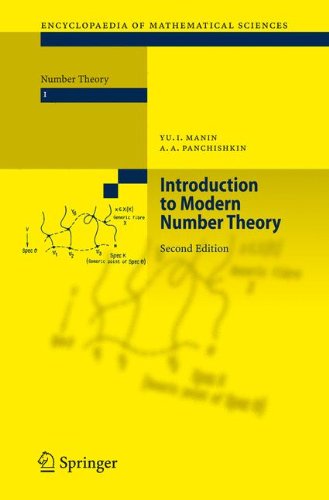
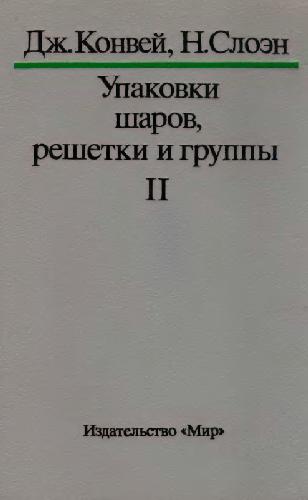
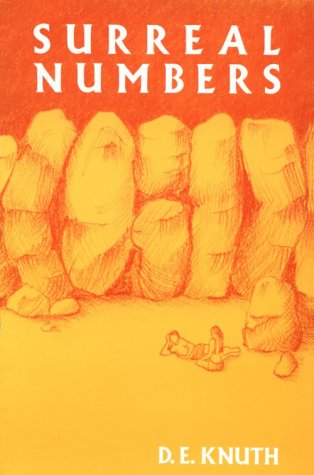
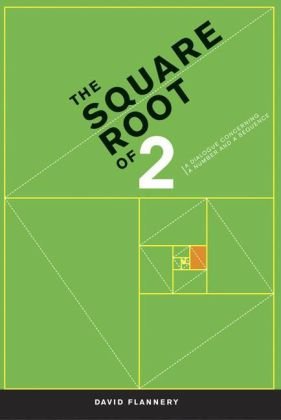
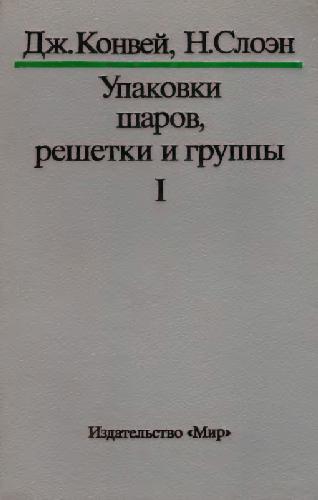
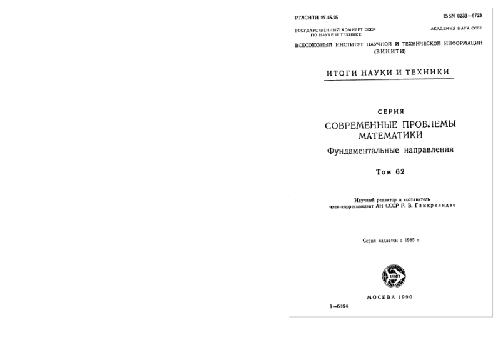
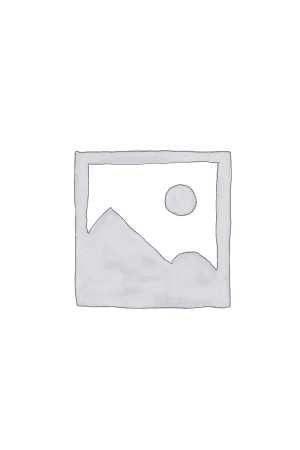
Reviews
There are no reviews yet.